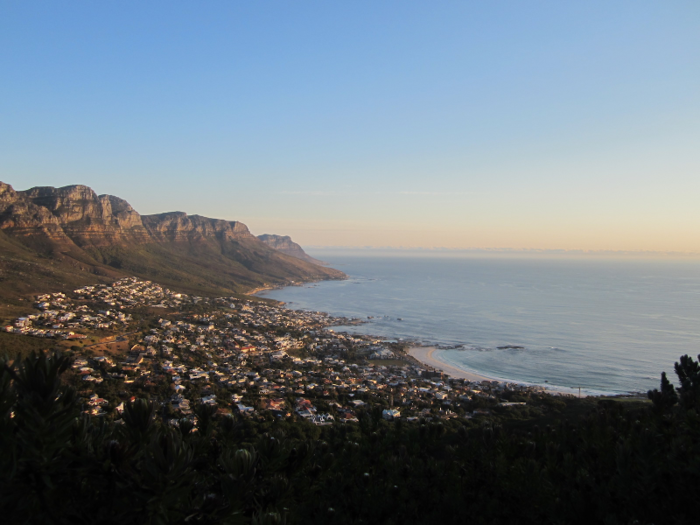
Source: City of Cape Town

Sources: USGS, Government of Cape Town

Source: The World Bank

Source: The Verge

Source: Climate Science Analysis Group

Source: ABC Australia

Source: Washington Post

Source: Business Insider

Source: EPA

Source: WHO

Source: WHO

Source: Kirstenbosch, UNESCO

Source: C40

Source: Yale Environment 360

Sources: WWF, Yale Environment 360

Source: OIV, Sunday Express

Source: The Guardian

Sources: South African Medical Journal, WHO

Source: Yale


Source: USA Today

Source: Business Insider
 I spent $2,000 for 7 nights in a 179-square-foot room on one of the world's largest cruise ships. Take a look inside my cabin.
I spent $2,000 for 7 nights in a 179-square-foot room on one of the world's largest cruise ships. Take a look inside my cabin. Colon cancer rates are rising in young people. If you have two symptoms you should get a colonoscopy, a GI oncologist says.
Colon cancer rates are rising in young people. If you have two symptoms you should get a colonoscopy, a GI oncologist says. Saudi Arabia wants China to help fund its struggling $500 billion Neom megaproject. Investors may not be too excited.
Saudi Arabia wants China to help fund its struggling $500 billion Neom megaproject. Investors may not be too excited. Catan adds climate change to the latest edition of the world-famous board game
Catan adds climate change to the latest edition of the world-famous board game
 Tired of blatant misinformation in the media? This video game can help you and your family fight fake news!
Tired of blatant misinformation in the media? This video game can help you and your family fight fake news!
 Tired of blatant misinformation in the media? This video game can help you and your family fight fake news!
Tired of blatant misinformation in the media? This video game can help you and your family fight fake news!

Copyright © 2024. Times Internet Limited. All rights reserved.For reprint rights. Times Syndication Service.